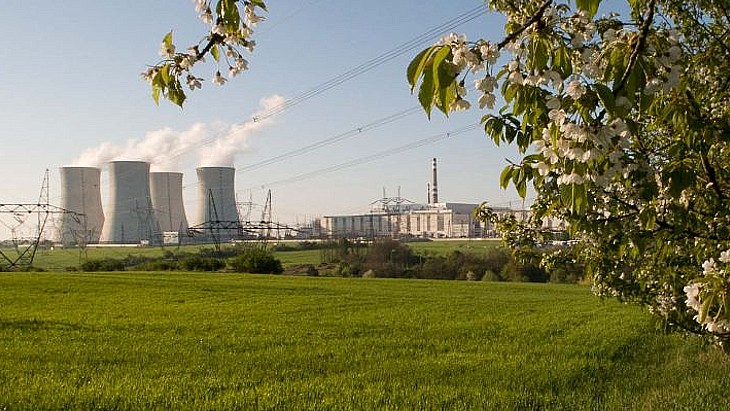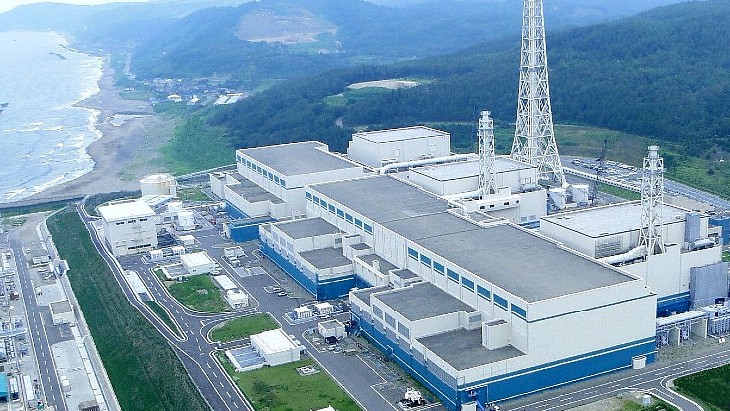ConvEx-2 exercises test Member States' procedures for swiftly and correctly exchanging information and arranging assistance. Participants in last week's exercise included 17 Member States in the role of Requesting States and a further 20 Assisting Players, comprising 18 Assisting Member States and two Assisting Regional Specialised Meteorological Centres.
The exercise commenced with those Member States acting as the Accident States seeking assistance via the IAEA to respond to a hypothetical emergency. The IEC then notified the participating Member States' designated Competent Authorities and international organisations of these requests. Their procedures were then set into motion to determine if, and how, they could submit an offer of assistance to the Accident State.
Member States' assistance requests focused on the various safety or security related nuclear and radiological emergency scenarios, as well as operating during an on-going pandemic situation such as COVID-19, where first responders operate in an even more challenging environment. The Assistance Action Plans included immediate COVID-19 testing for the Field Assistance Teams on arrival, provision of personal protective equipment to protect them from COVID-19 exposure and on-going medical assessment while they deliver assistance.
"Speed and efficiency are essential strategic requirements to facilitate assistance to Member States who may need to manage different, simultaneous crises occurring worldwide," noted Elena Buglova, Head of the IAEA's Incident and Emergency Centre whose staff organised and coordinated the exercise.
IAEA Director General Rafael Mariano Grossi, who chaired a mid-exercise meeting of the Incident and Emergency System Steering Group, told participants: "We need to be prepared for the possibility that nuclear and radiological emergencies resulting from a safety or security event could be accompanied by natural disasters, pandemics or other crises." He said that conducting the exercise during the coronavirus crisis demonstrates the IAEA's determination to maintain its emergency response capability. "Regardless of the causes and circumstances of any crisis, the IAEA will act quickly to coordinate an effective international response."

.jpg)



_53514_33880.jpg)


_91467.jpg)





